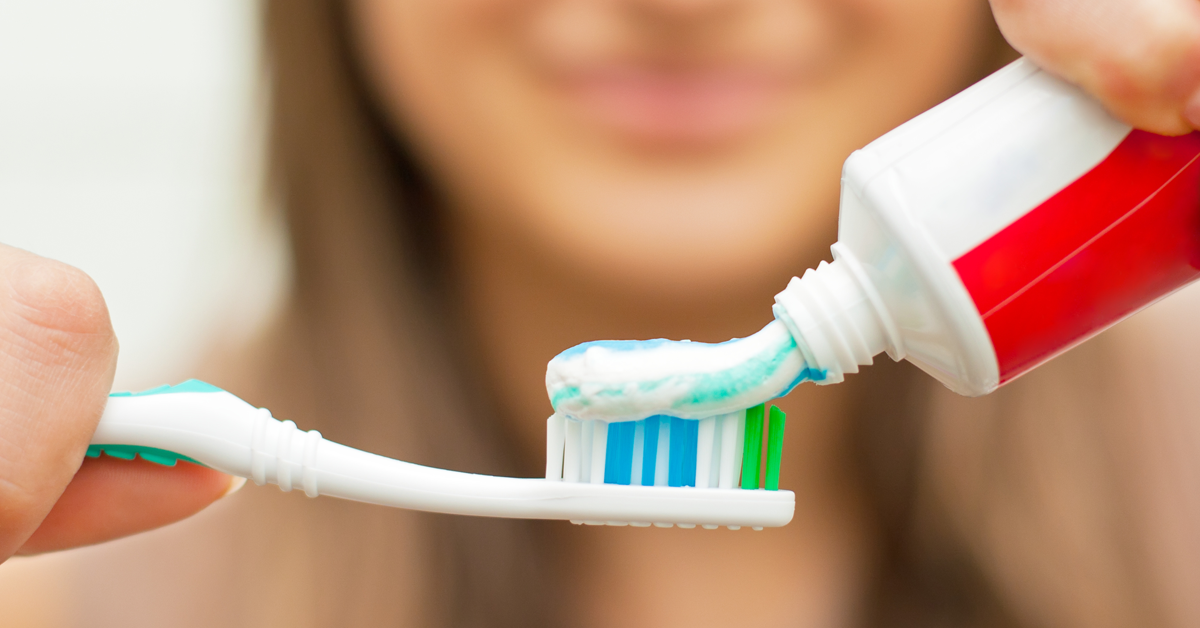What Happens When You Stop Using Fluoride Toothpaste?
Everyone knows brushing their teeth with fluoride toothpaste is essential for good oral health. But what happens when you stop using fluoride toothpaste? Is it that bad for your teeth? This article looks at the history of fluoride toothpaste, its pros and cons, and alternatives to traditional fluoridated toothpaste.
What is Fluoride and What Does It Do For Teeth?
Fluoride is an element found naturally in most water sources. It is also found in many foods and drinks. It helps strengthen enamel and protects against cavities by making teeth more resistant to acid attacks from plaque bacteria. Fluoridated toothpaste is created with higher levels of fluoride than what is found naturally in tap water. This helps prevent cavities and strengthen tooth enamel even further.
The History of Fluoride Toothpaste
In 1940, Joseph Muhler and Harry Day began researching cavity-preventing products using stannous fluoride at Indiana University. Their research was further developed in the 1950s by William Nebergall and Joseph Muhler, resulting in Crest® toothpaste being nationally introduced in 1956. The American Dental Association soon acknowledged its effectiveness as an effective decay-prevention product four years later.
Since then, fluoride has become an important part of dental hygiene products such as mouthwashes and teeth whitening strips. Today, nearly all toothpaste contains a fluoride compound to help protect against cavities and keep your smile looking bright and healthy.
Pros of Using Fluoride Toothpaste
Fluoride can be beneficial for teeth when used correctly. It helps to strengthen tooth enamel, making it more resistant to decay and cavities. Regular brushing with fluoride toothpaste can also help remineralize the teeth, making them look brighter and whiter. It also helps protect against gum disease by reducing plaque bacteria levels.
In addition, fluoride can promote the attraction of essential minerals, such as calcium, to areas surrounding your teeth. This influx of calcium benefits our bones and helps fortify each tooth with a solid foundation that ensures their longevity.
Cons of Using Fluoride Toothpaste
It is important to note that overusing fluoride can be toxic and should be avoided. Too much fluoride can lead to fluorosis, a condition in which white spots or streaks appear on the teeth due to too much of the mineral being absorbed into the enamel. Additionally, some people are sensitive to or allergic to fluoride and may experience side effects such as burning or stinging sensations, rashes, and other allergic reactions.
Is Fluoride Toothpaste Safe for Children?
Studies have found that fluoride toothpaste has been successful in helping children under six to reduce the risk of cavities. However, regular ingestion of pea-sized amounts of toothpaste may cause mild cases of fluorosis. As a result, it is important for parents to always supervise their children’s brushing and ensure that they only use a very small amount of toothpaste.
Alternatives to Fluoride Toothpaste
There are a few alternatives to traditional fluoride toothpaste that can help fight cavities and keep your teeth healthy. Non-fluoridated toothpaste contains natural ingredients such as baking soda, sea salt, and essential oils that can make your teeth look brighter and help reduce plaque build-up. In addition, toothpaste containing calcium phosphate strengthens enamel and prevents cavities.
Best Family Dentistry in Winter Park, FL
Let Smile Center of Orlando, your premier family dentist in Winter Park, FL, help you find the best toothpaste. We offer a wide range of dental services to ensure that you and your family have healthy, happy smiles. Whether it’s fluoride toothpaste or an alternative option you need, we’re here to help! Give us a call today to schedule an appointment. We look forward to helping you achieve optimal oral health.
Feel Good About Your Smile Again…
Contact us today to schedule your appointment.

